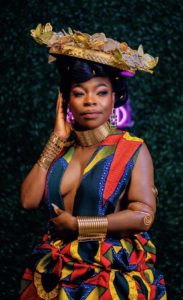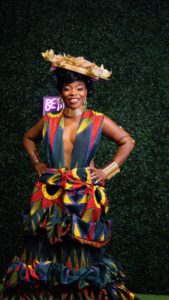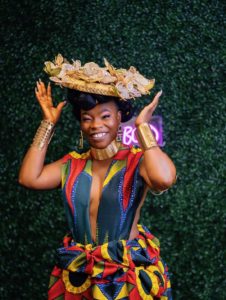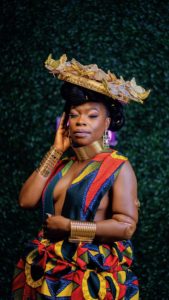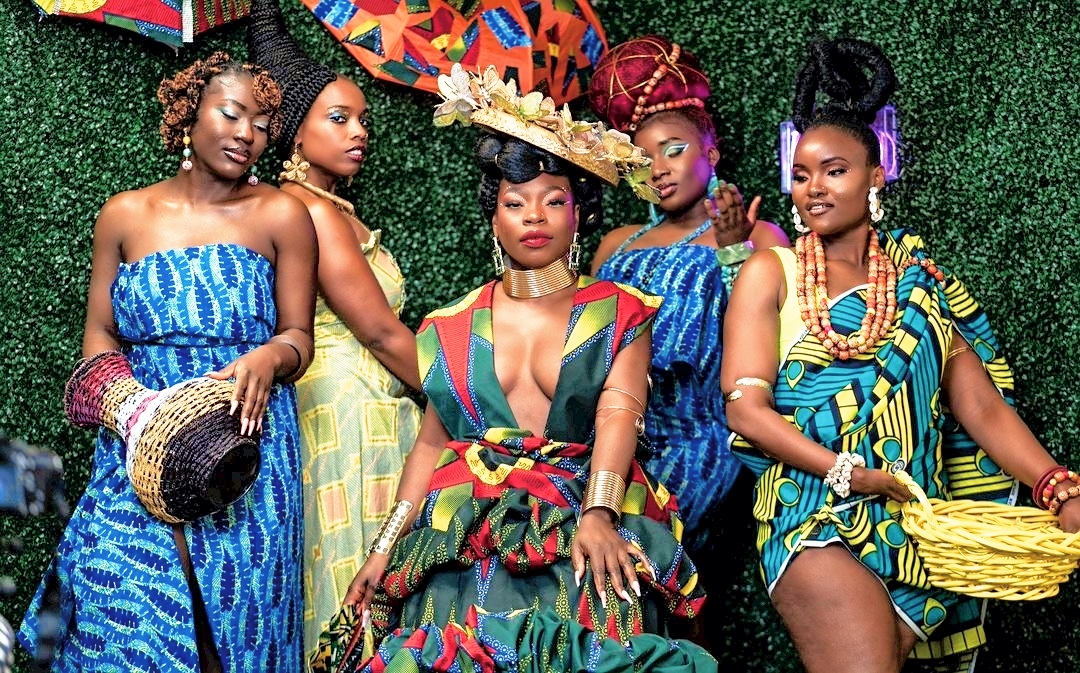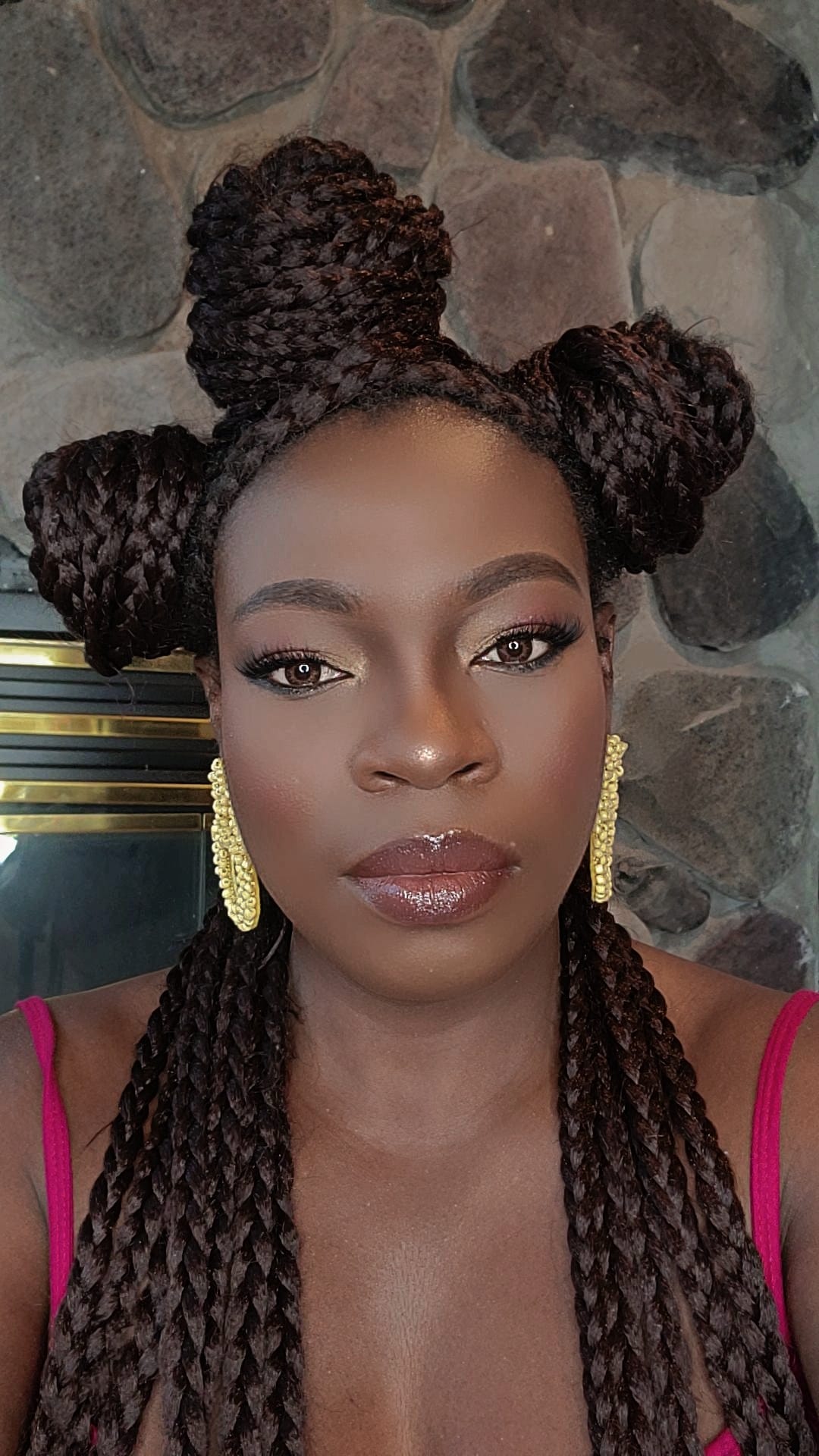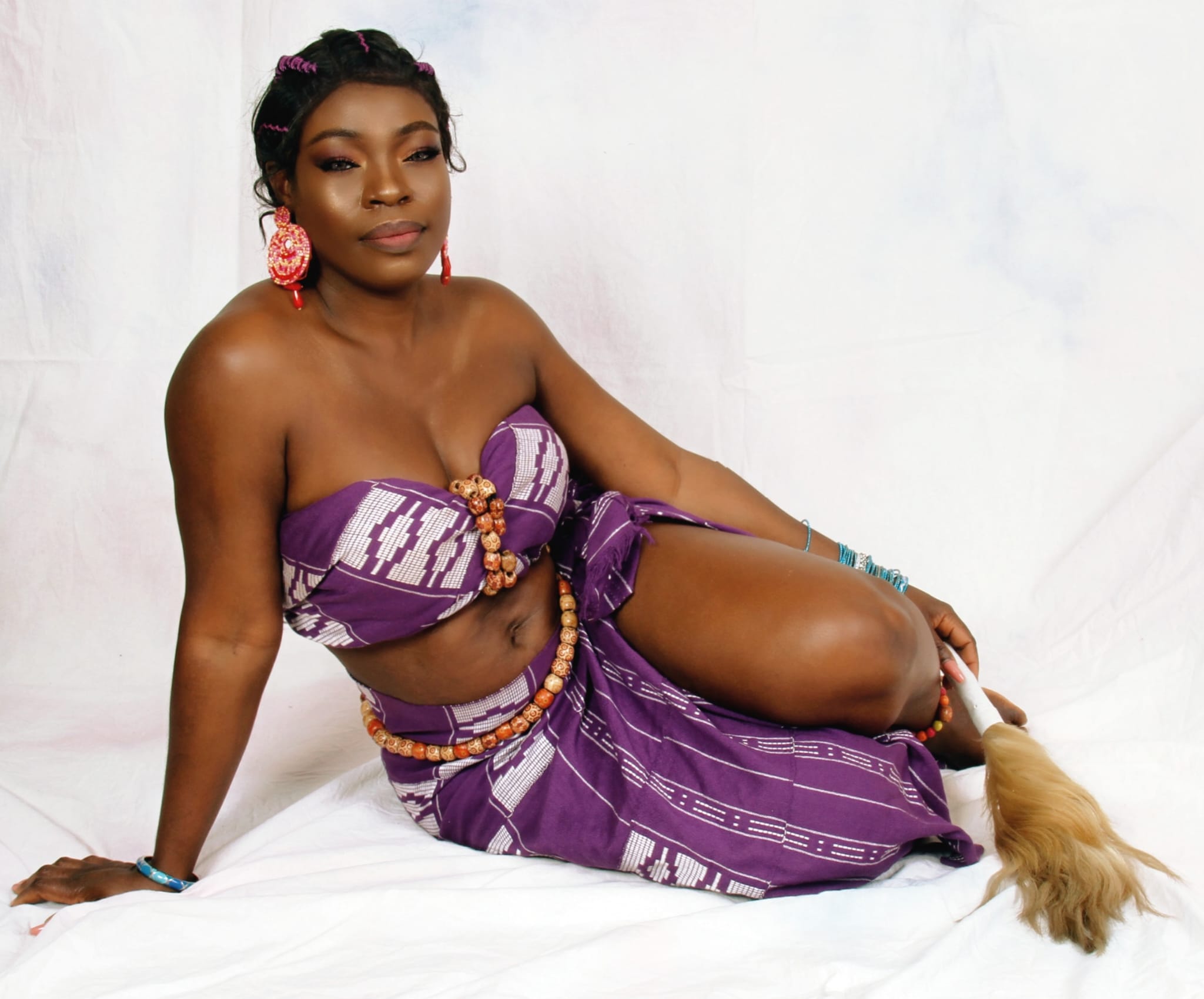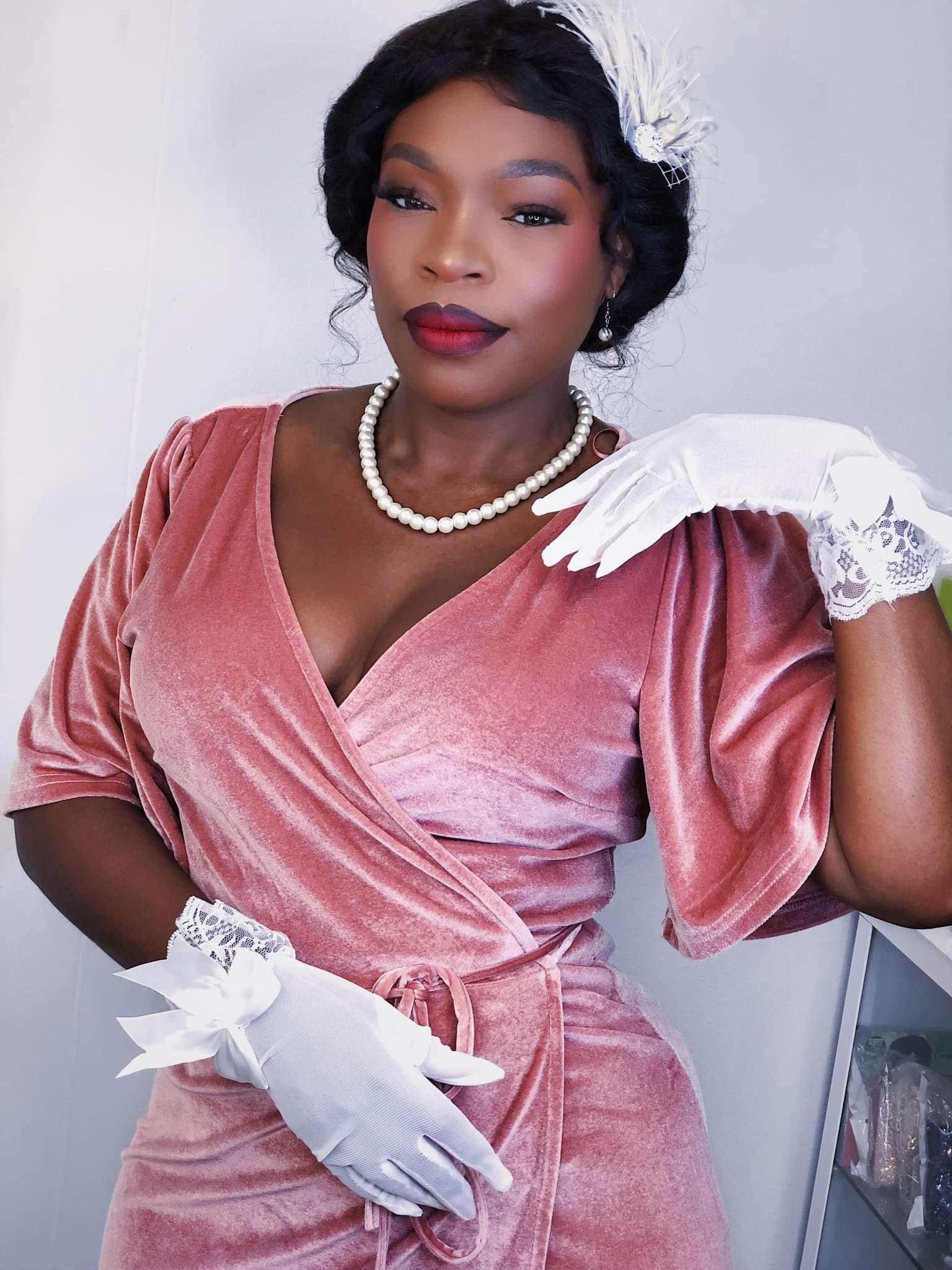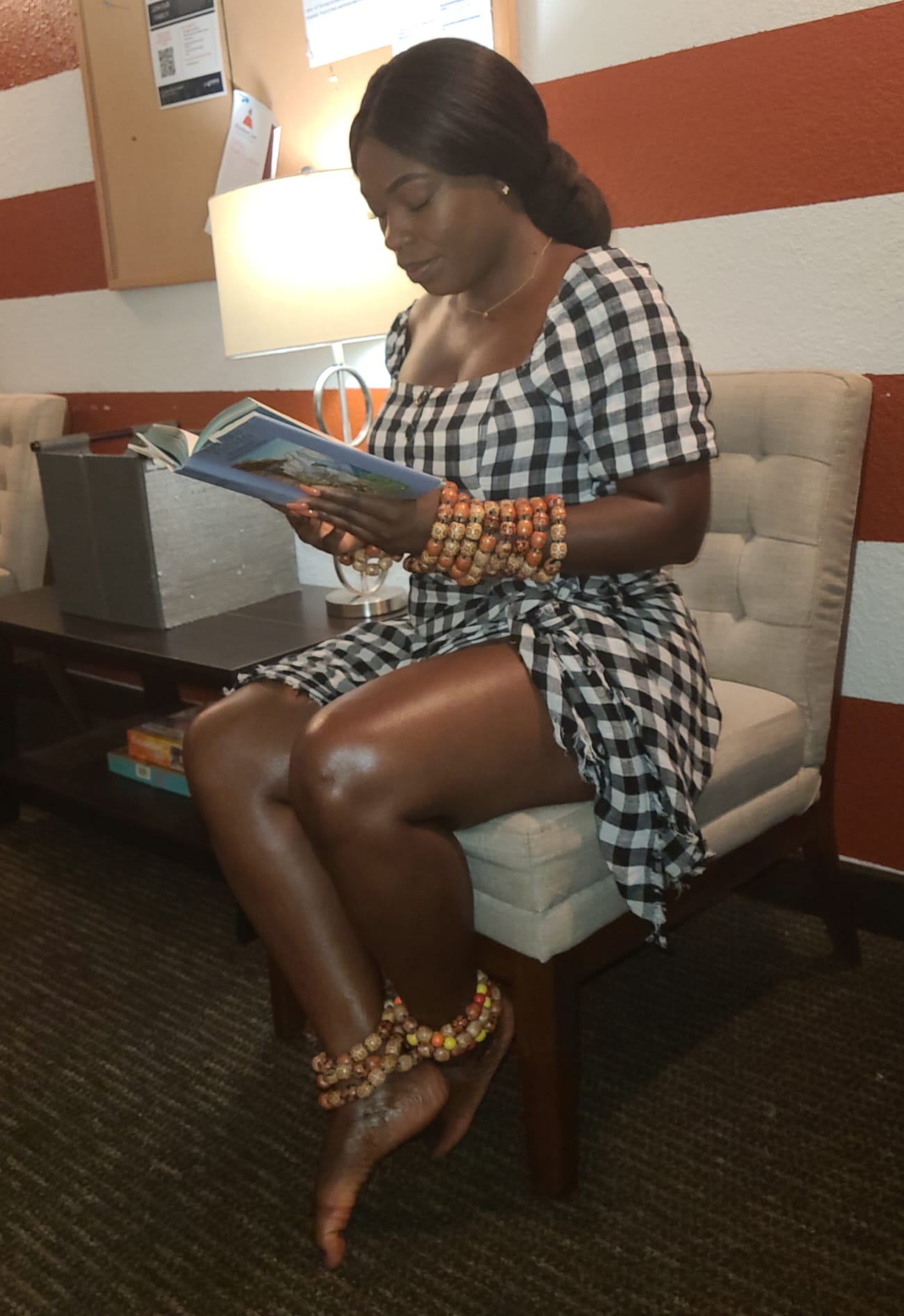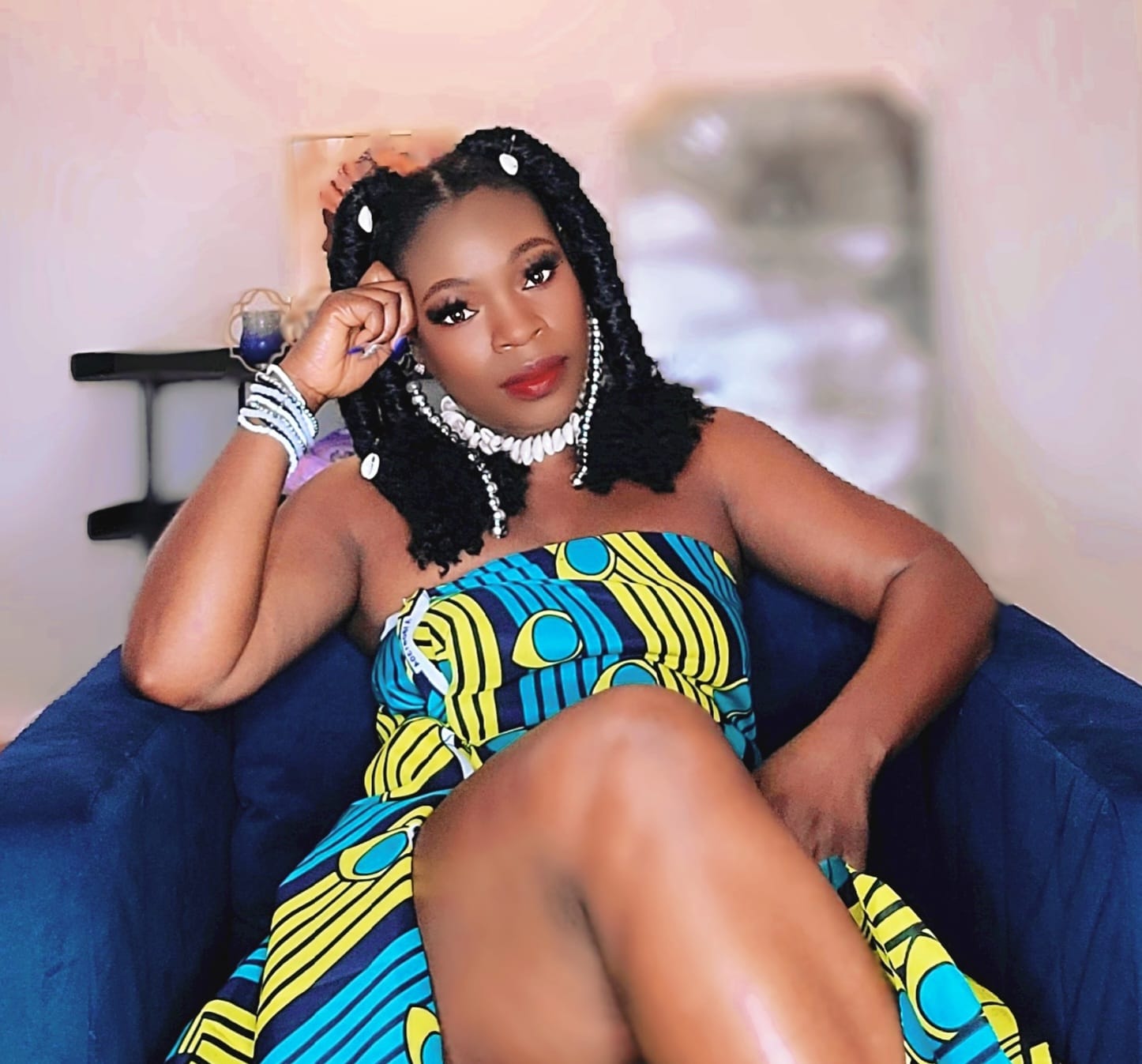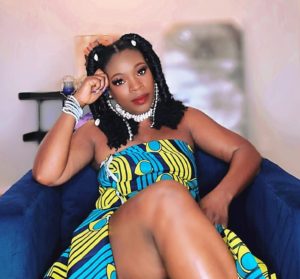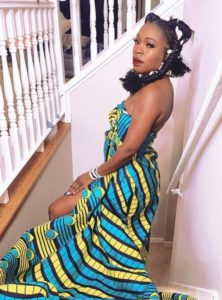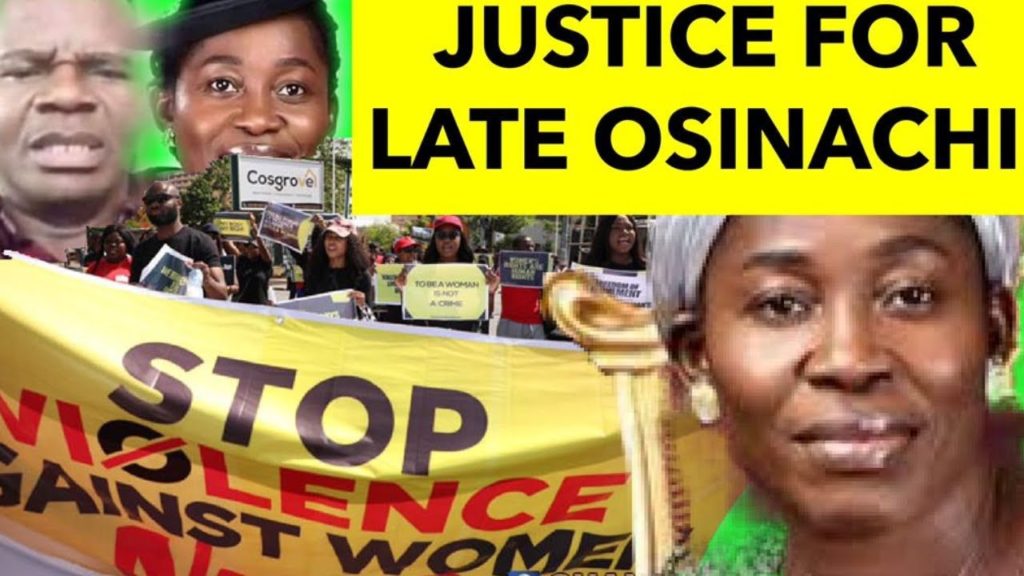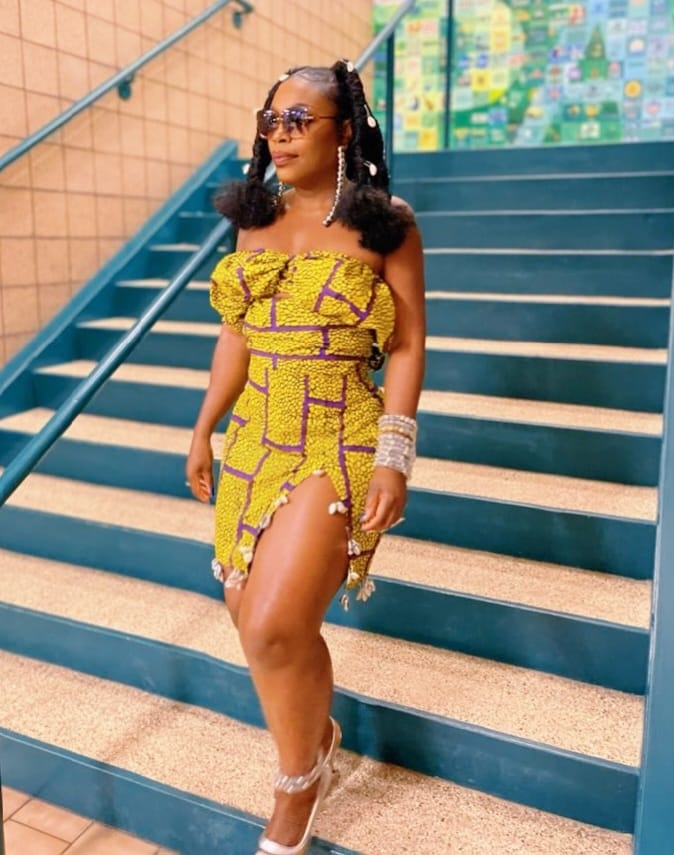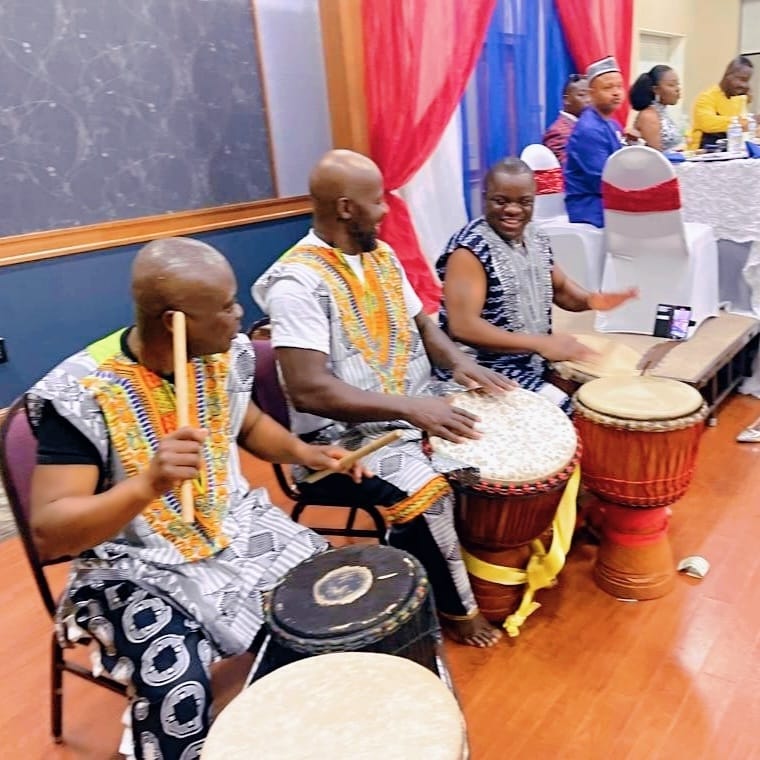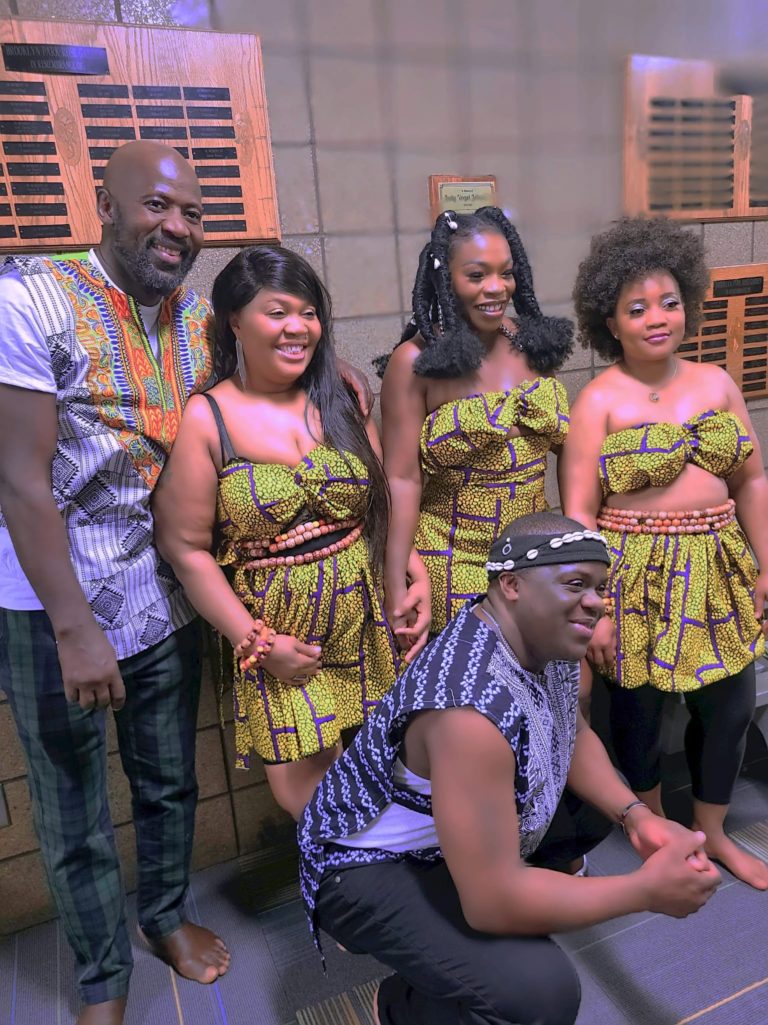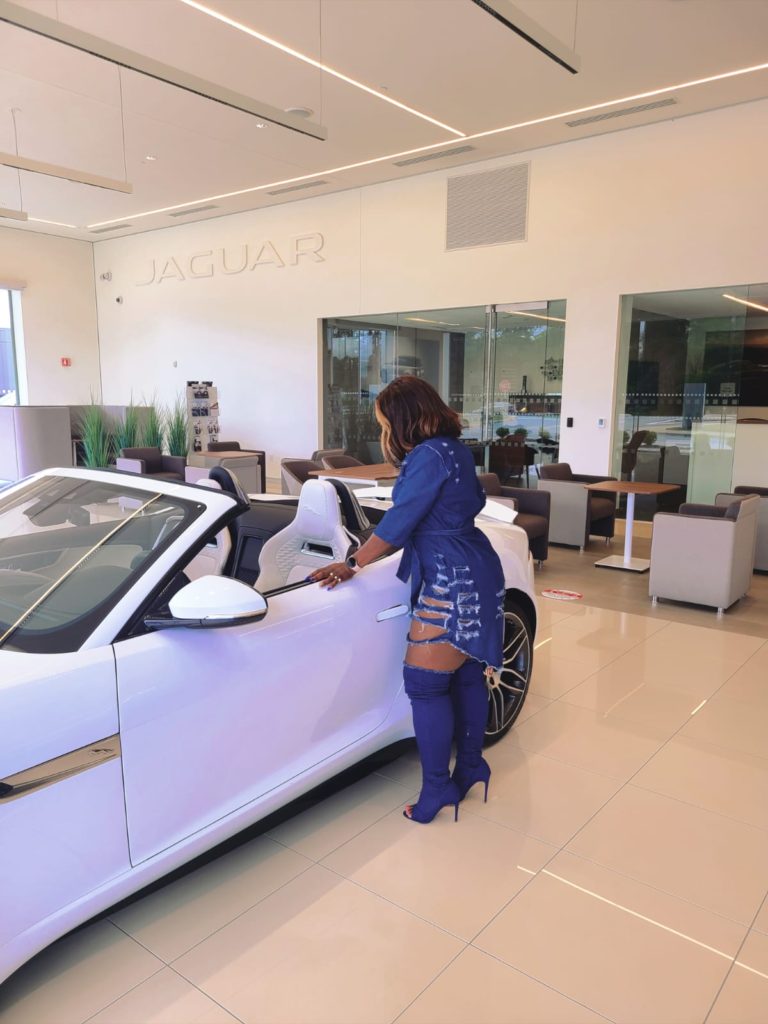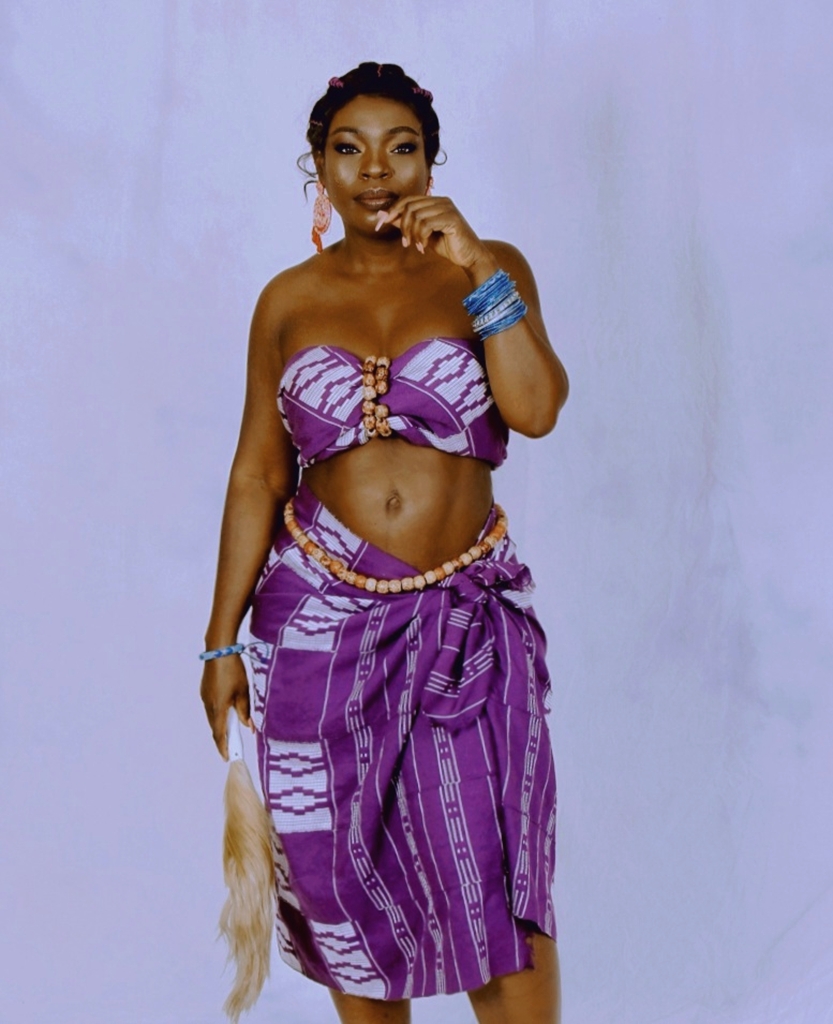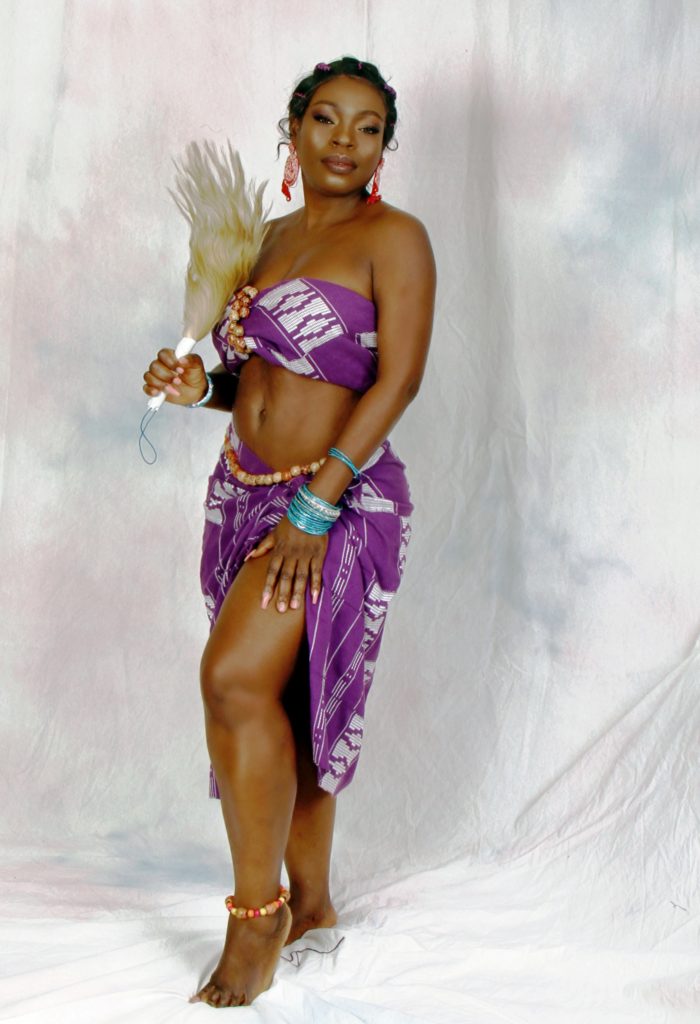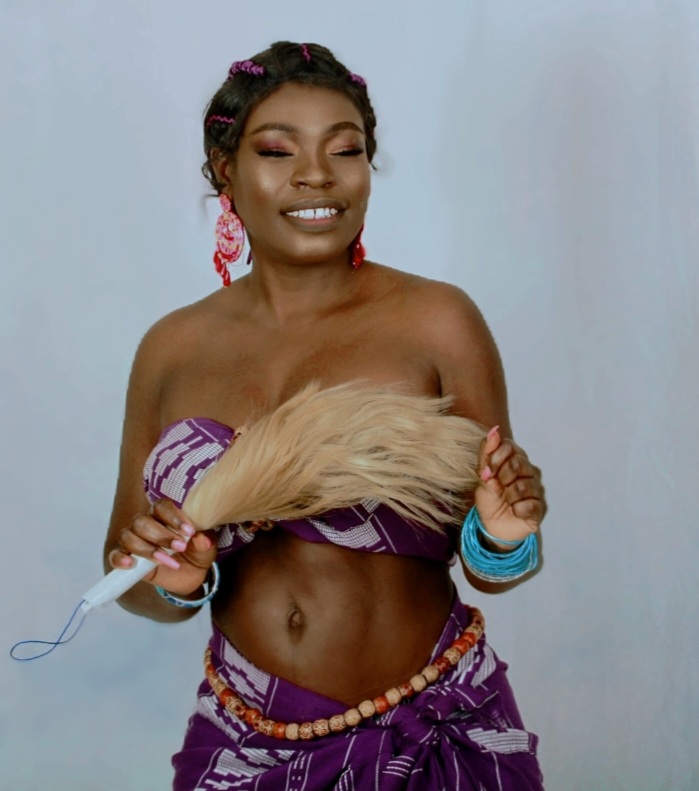No doubt music is a source of pleasure for every human. Many researchers researching How does music affects our brain? Music is an ancient art that has been from the beginning of time. Have you ever wondered why we all love listening to music? That is because certain music has certain effects on our minds. Music infiltrates our minds & highlights our emotions. We have all different types of emotions & likewise, we have all different types of music in our lives. The music & songs we listen to in our daily lives have strong connections with our minds.
Brain studies have shown that listening to music can help reduce anxiety, depression, sadness, blood pressure, and pain & it also improves your mood and sleep quality.
How does music affect our brain? Studies reveal that when music first reaches our brain through our ear, it triggers a pleasure or a happy feeling, resulting in dopamine release. Dopamine is a hormone secreted by our brain & it is responsible for our happy moods & positive feelings. Music not just helps us in having a good mood or relaxing from our daily life activities; various studies it proof that music also helps us in medical & clinical ways; as we know, music helps us to be relaxed, which helps in boosting the immune system which makes antibodies & cells that protect us from various bacterias & other body invaders. Music also plays a vital role in brain development. It has been shown that activities such as playing music or making certain sounds with the help of musical instruments increase the volume of grey matter in certain areas of our brain.
Since the beginning of time, music and dancing have played a very important role in people’s ability to communicate and celebrate events together; with calming & joyful music involved on certain occasions, people come to a better understanding of each other which allows them to bond together & enjoy certain events to their fullest.
It turned out that whether it’s jazz, rock ‘n’ roll, or classical music, our minds always prefer the music we like ourselves. For a while, researchers believed that classical music increased brain activity and made its listeners smarter, a phenomenon which is called the Mozart effect. But it is not necessarily true because, In recent studies, they’ve found that people with dementia respond better to the music they grew up listening to. “If you play someone’s favorite music, different parts of their brain light up & their eyes start to sparkle” this shows that certain music is associated with our emotional feelings & memories, which will never fade out in our lifetime.
What can music do for us? Following are the examples of what are the things in which music helps us in our daily lives,
Music can change your ability to perceive time; it can tap you into primal fear, reduce seizures, make you a better communicator, make you stronger, boost your immune system, assist in repairing brain damage, make you smarter, evoke memories & more. Now let us talk about the psychological effects of music on the brain. A prominent brain researcher at Northwestern University, Nina Kraus, says that “music is a resource that tones the brain for auditory fitness.” She says, “music training leads to changes throughout the auditory system that prime musicians for listening challenges beyond music processing.” The researchers in her laboratory say that music training works for our brain and how exercise works for our body. During this recent crisis of covid-19, music played a vital role in calming the masses worldwide.
The use of music in healing and relieving stress in African traditional societies is as old as the origin of the African Continent. This provides a theoretical basis for Music Therapy in Africa and concludes that Music Therapy has yielded fruitful results in various parts of Nigeria. In the African continent, music has always been used for calming & relieving stress in patients with depression and cardiac disorder conditions.
In Nigeria, music is used to lift the spirits of patients confined in the hospitals with the lockdown & give them spiritual healings. Music played an integral role at that time. Peter Oluwadare, a young violinist, said that “it was scary to be so close to the pandemic, but he said that the music helped him conquer his fear.” It was refreshing to see the affected people and healthcare workers, you know, revitalized with the music, Oluwadare said. “I feel so honoured to play there.” Hence we can say that music helps us a lot in our daily lives with its amazing power to enlighten our deep emotions & gives us hope & strength through its lyrics. Music helps people by connecting them through strong bonds. Different types of music create different singing & dancing cultures.

